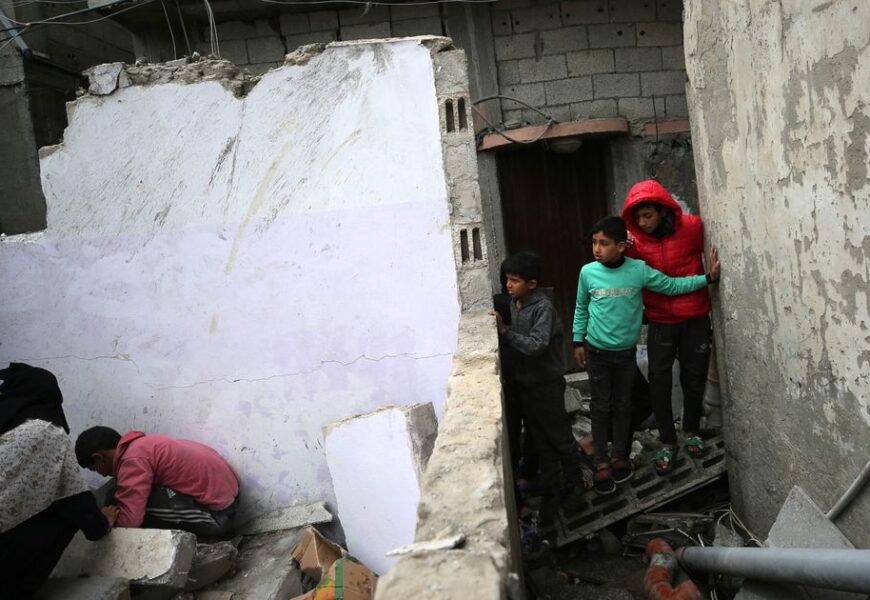An AI-driven targeting system named “Lavender” has been utilized by the Israeli military in Gaza to choose bombing targets with minimal human involvement, as per a recent report released on Wednesday. The military personnel reportedly greenlit the AI-selected targets swiftly, sometimes merely giving a cursory approval, taking about “20 seconds” per target before authorizing a bombing.
The report, sourced from unnamed individuals and documents, highlighted that the review process was primarily to confirm the target’s gender, despite a 10% error rate in designations when non-militants were targeted. Regardless of this error margin, the military allegedly adopted Lavender’s kill lists about two weeks into the ongoing conflict. Additionally, the military purportedly pursued individuals at their homes, even in the presence of their families, through another program ominously named “Where’s Daddy?”
In certain instances, due to delays in the “Where’s Daddy?” program, families were tragically killed at home even when the primary target was absent. The extent to which these programs are currently active was not explicitly stated in the report, although it indicated heightened activity during the initial stages of the war.
The report recounted accounts from an unnamed senior officer, denoted as “B,” who described the automated process where marked individuals were promptly targeted once located at home, resulting in numerous casualties. The aftermath of these operations reportedly led to tens of thousands of targets and the deaths of thousands of Palestinian civilians, including non-combatant men, women, and children.
The global community has expressed concerns over the escalating civilian casualties in Gaza, where approximately 33,000 individuals have lost their lives during Israel’s military offensive. This offensive was initiated following an attack by Palestinian militants on October 7, resulting in a significant number of casualties and hostages. The international community has condemned the high civilian death toll, including the recent incident where seven food aid volunteers from World Central Kitchen were killed in Israeli strikes.
Furthermore, reports indicate a looming famine crisis in Gaza due to restricted access to essential supplies, exacerbated by Israeli controls at border crossings. In response to mounting pressure, President Joe Biden called for an immediate temporary cease-fire during a conversation with Israeli Prime Minister Benjamin Netanyahu. The U.S. administration emphasized the need for Israel to address civilian harm and humanitarian suffering in Gaza, hinting that future policies would be influenced by Israel’s actions.
The Israeli military, in a statement to HuffPost, refuted claims of using an AI system to target militants, asserting that information systems are tools for analysts in the target identification process. The military maintained that strikes were conducted in accordance with international law and directives to minimize collateral damage. Dismissing allegations of a “kill list,” the military denied targeting suspected Hamas militants en masse.
The report shed light on the indiscriminate bombings of private homes belonging to alleged militants, resulting in significant collateral damage and civilian casualties. The Israeli military has reportedly ceased generating lists of junior targets for home bombings due to external pressures and mass displacement in Gaza.
The utilization of unguided “dumb” bombs on suspected militants, instead of precision strikes, during the early stages of the conflict contributed to the high civilian death toll. The report highlighted the use of unguided munitions by Israel in Gaza, indicating a concerning trend in targeting practices.
The author of the report, Yuval Abraham, is known for his advocacy against what he perceives as an apartheid system in Israel and the Palestinian territories. His previous reports have exposed similar controversial military tactics employed in the region.
The revelations in the report underscore the ethical and humanitarian challenges posed by the use of AI in military operations and the imperative to adhere to international laws and standards in armed conflicts.










